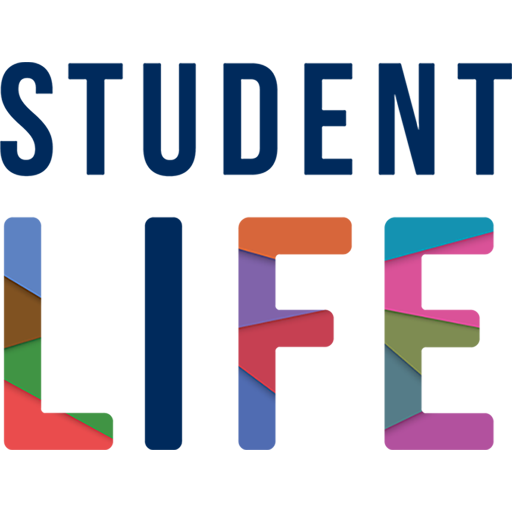
2.1
Create a clear, consistent, and student-centric identity for Student Life that builds awareness about the scope and value of our programs, services, and resources.

2.2
Improve the navigation of programs, services, and resources through committing to student-centered, inclusive, and universal design principles, so that diverse students have the tools and agency to find what they need, when they need it.

2.3
Provide proactive and timely supports that focus on students' social determinants of health (e.g., finance, health, housing), and are culturally responsive.

2.4
Provide and promote culturally responsive programs, services, and resources that embody a culture of care, and supports students at all points along the mental health continuum (from mental well-being to urgent crisis).

2.5
Draw on student-centered data and feedback to develop and adapt programs, services, and resources, to meet the needs of both specific and broad intersectional student identities, including Indigenous, Black, Asian, racialized, LGBTQ2S+, graduate and professional students, international students, part-time students, mature students, students with disabilities, and students with family responsibilities.
